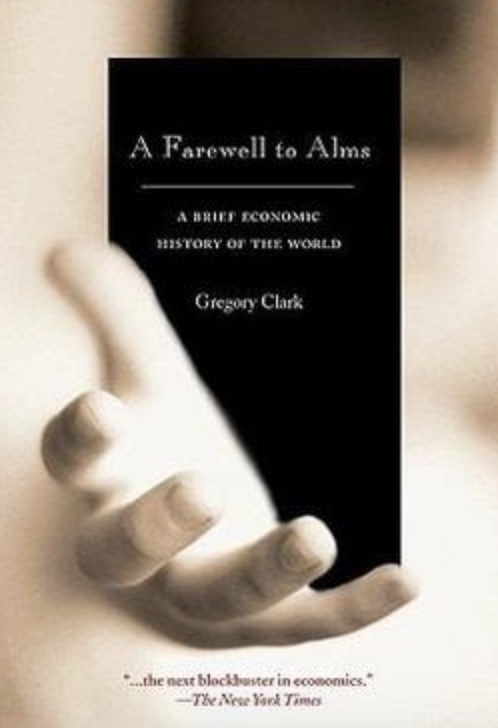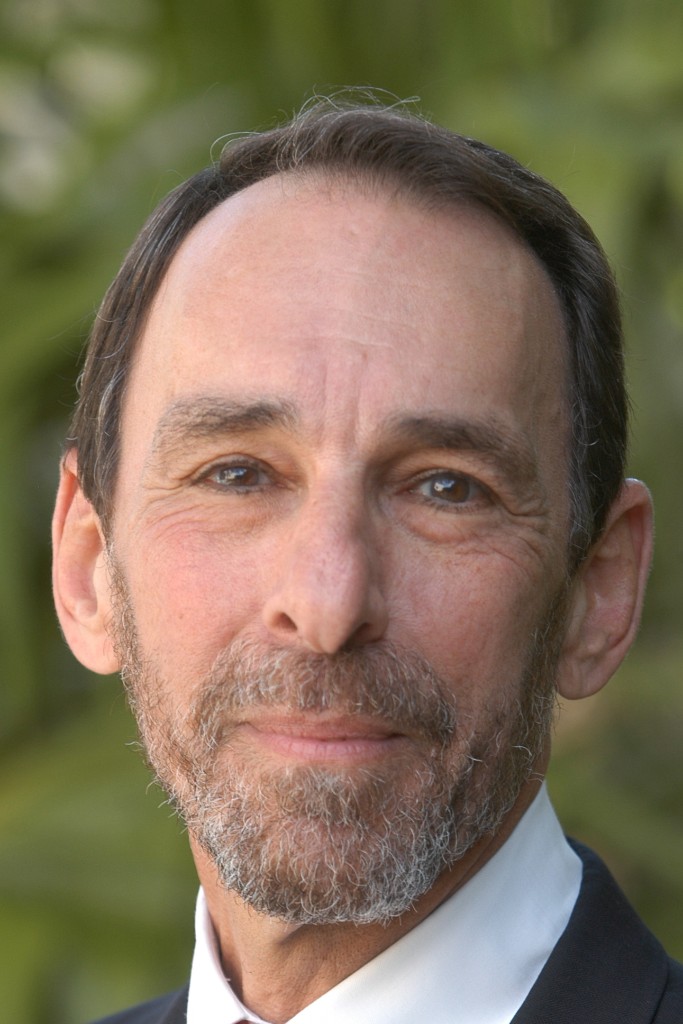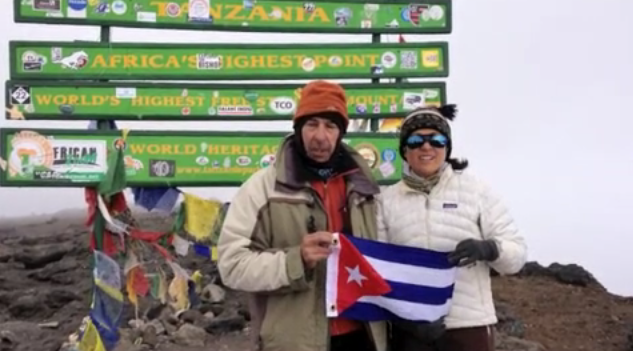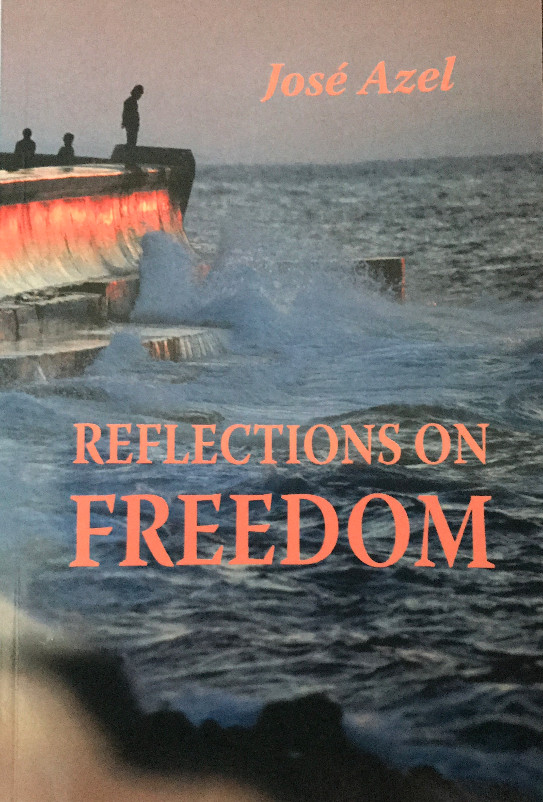Today, we understand that other factors are at play. For example, in their book, “Why Nations Fail,” Daron Acemoglu, and James A. Robinson argue that a nation’s economic problems are caused by a lack of inclusive political rights. Poor nations are poor because they are ruled by narrow elites that organize society for their own benefit. Nations are rich because they have succeeded in creating inclusive political and economic institutions that allow participation by all.
Similarly, economist Gregory Clark in his book “A Farewell to Alms” offers a cultural explanation as to why some countries enjoy unprecedented wealth while others languish behind. After all, the key technological, organizational, and political innovations are well known, and all societies can employ them. So, why isn’t the whole world economically developed? Dr. Clark reasons that some societies “cannot instantly adopt the institutions and technologies of the more advance economies, because they have not yet culturally adapted to the demands of productive capitalism.”
These theses offer new economic insights, and yet, a nation’s endowment of natural resources is still viewed by many as deterministic of its wealth. The evidence shows differently. Below is a list of eight countries with practically no natural resources that are among the world largest exporters, and most successful economies. (Data sourced from the World Fact Book of the Central Intelligence Agency; GDP rankings are per capita.)
Japan, a volcanic island country with a large population, ranks # 4 in the world as an exporter, and # 42 in GDP. South Korea went from abject poverty to being a leading industrial powerhouse. It ranks # 5 in exports, and # 46 in GDP. Italy must import most raw materials needed for manufacturing. Yet, it ranks # 9 in exports, and # 50 in GDP. Hong Kong has little arable land and imports most of its food and raw materials. It ranks # 8 in exports, and # 18 in GDP. Singapore shows how a small island can become one of the world’s most prosperous economies. It ranks # 13 in exports, and # 7 in GDP. Belgium is heavily reliant on foreign raw materials. It ranks # 20 in exports, and # 35 in GDP. Switzerland proves that being landlocked is not an impediment to becoming a leading exporter. It ranks # 17 in exports, and # 16 in GDP. Taiwan was left devoid of natural resources after Japanese colonial rule. Today, it ranks # 15 in exports, and # 28 in GDP.
The myth of natural resources was first exposed by Julian Simon (1932-1998) by demonstrating that the human mind is the ultimate resource. It is the human mind that creates what we call resources. Or, as Donald Boudreaux, of the American Institute for Economic Research, puts it “There are no natural resources.” Yes, nature created materials such as oil, but it was the creativity of the human mind that transformed oil into a resource. Nature creates raw materials, not resources. It is human ingenuity and effort that transforms raw materials into resources.












No comments:
Post a Comment